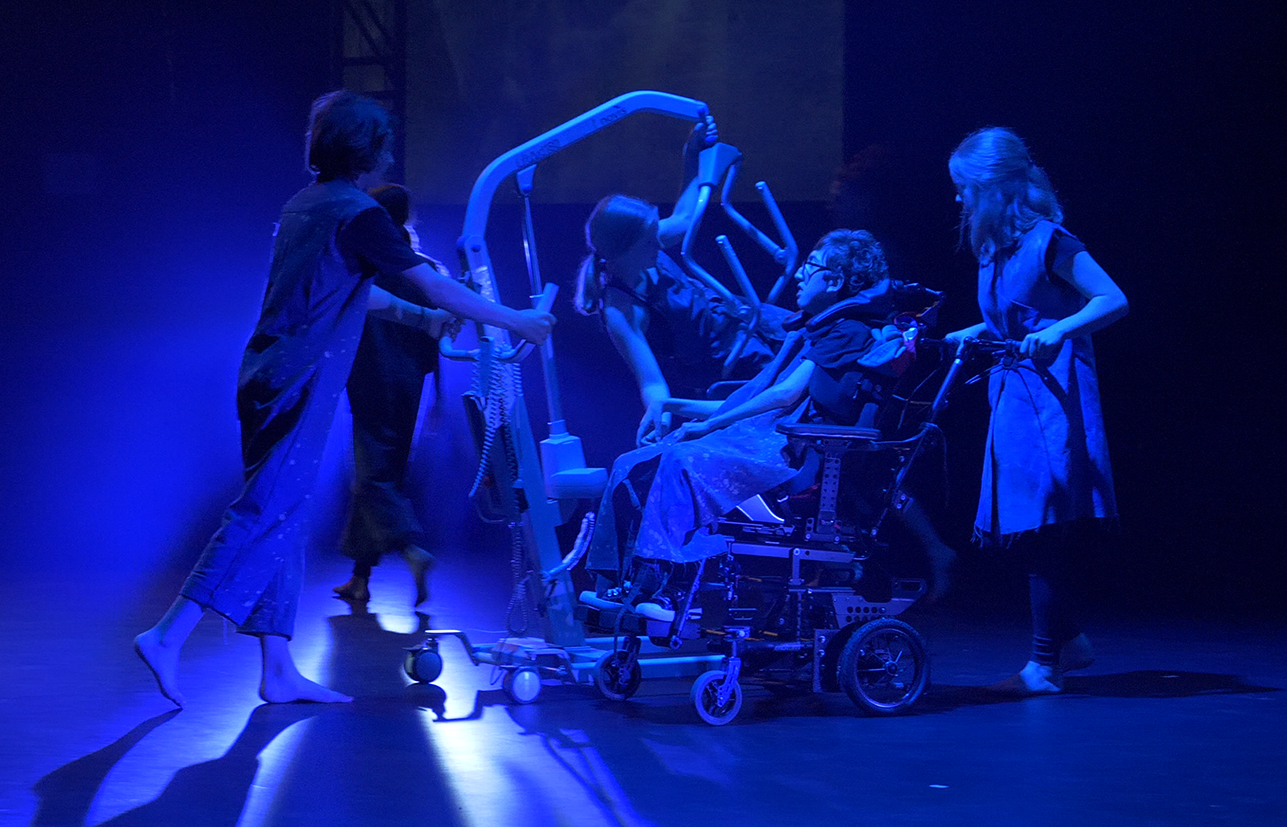Search
Research
Protective factors, risk factors, and intervention strategies in the prevention and reduction of crime among adolescents and young adults aged 12–24 years: A scoping review protocolEvidence indicates that criminal behaviour in youth is linked with a range of negative physical, mental, and social health consequences. Despite a global decrease over the last 30 years, youth crime remains prevalent.
Research
Early nasal microbiota and subsequent respiratory tract infections in infants with cystic fibrosisRespiratory tract infections (RTIs) drive lung function decline in children with cystic fibrosis (CF). While the respiratory microbiota is clearly associated with RTI pathogenesis in infants without CF, data on infants with CF is scarce. We compared nasal microbiota development between infants with CF and controls and assessed associations between early-life nasal microbiota, RTIs, and antibiotic treatment in infants with CF.
Research
Bile acids in the lower airways is associated with airway microbiota changes in chronic obstructive pulmonary disease: an observational studyChronic obstructive pulmonary disease (COPD) is a complex disorder with a high degree of interindividual variability. Gastrointestinal dysfunction is common in patients with COPD and has been proposed to influence the clinical progression of the disease. Using the presence of bile acid(s) (BA) in bronchoalveolar lavage (BAL) fluid as a marker of gastric aspiration, we evaluated the relationships between BAs, clinical outcomes and bacterial lung colonisation.
Research
The use of automated insulin delivery around physical activity and exercise in type 1 diabetes: a position statement of EASD and ISPADRegular physical activity and exercise (PA) are cornerstones of diabetes care for individuals with type 1 diabetes. In recent years, the availability of automated insulin delivery (AID) systems has improved the ability of people with type 1 diabetes to achieve the recommended glucose target ranges. PA provide additional health benefits but can cause glucose fluctuations, which challenges current AID systems.
Research
Improving the detection of congenital syphilis: reviewing test utility and adherence to recommendationsWestern Australia (WA) has experienced a resurgence of congenital syphilis. Appropriate microbiology testing of the neonate is recommended to confirm infection, including syphilis immunoglobulin M (IgM), rapid plasma reagin (RPR) paired with a maternal sample, and polymerase chain reaction (PCR) on placenta and nasal swabs.
On this Research Impact page, learn about our work that's actively translated as Government policy or in active practice. Learn how our research is making a difference in people's lives - not tomorrow, next week, or next year - but today!
Research
Longitudinal observational research study: establishing the Australasian Congenital Cytomegalovirus Register (ACMVR)Congenital cytomegalovirus (cCMV) is an important cause of long-term childhood disability. In Australia, the identification and treatment practices and the long-term clinical and neurodevelopmental outcomes of children with cCMV are unknown.

A quality of life tool developed by disability researcher Jenny Downs is helping to reveal the difference specific interventions can make to the lives of children and families living with disability.
Research
Screening Measures of Perinatal Mental Health and Wellbeing in Fathers: A Scoping ReviewAccurately screening fathers for perinatal mental health problems requires well-validated screening instruments that assess the expression of paternal perinatal mental distress. This study aimed to identify and describe the psychometric properties of perinatal mental health screening instruments administered to paternal cohorts within the past two decades.
Research
TANGO2 binds crystallin alpha B and its loss causes desminopathyMutations in the TANGO2 gene cause an autosomal recessive disorder characterised by developmental delay, stress-induced episodic rhabdomyolysis, and cardiac arrhythmias along with severe metabolic crises. Although TANGO2 mutations result in a well characterised disease pathology, the function of TANGO2 is still unknown.
